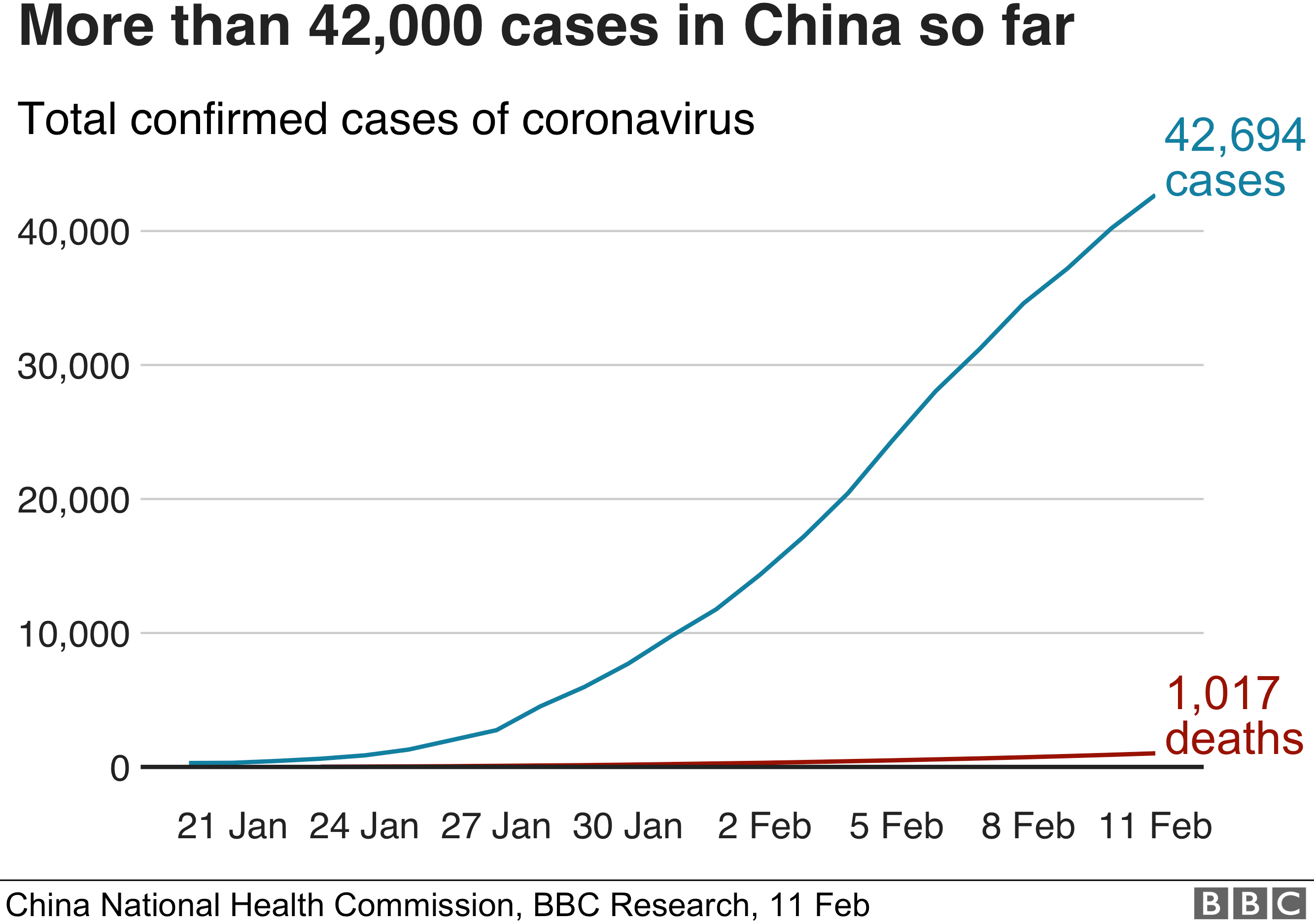
Socioeconomic disparities can influence community-level COVID-19 transmission, as smaller living space, greater household sizes, and reliance on public transportation each impact the potential risk for COVID-19 infection. With the confluence of housing, urbanization and socioeconomic disadvantage, Black communities are uniquely placed to face the brunt of contagious and widespread infections. Flint and Detroit, the residents of which are predominantly Black, are the second and fourth poorest cities in the US, respectively. With lower socioeconomic status, health related costs can create significant challenges for obtaining medical care, medical insurance, and often delay diagnoses and treatments. For instance, Black families in Michigan report 2.5 times higher rates of poverty and 43% lower household incomes than White families. Amongst Black communities, longstanding marginalization has led to higher rates of housing instability, financial insecurity, and essential service inaccessibility compared to White communities. Systemic racism refers to the embedded power in institutions and other structures led by those with both known and unrecognized biases that are reflected in regulations, policies and practices, perpetuating inequitable access to resources and opportunities. Such inequalities in health are often perpetuated by systemic racism, which can result in reduced access to healthcare and increased risks for health. Underlying this disparate burden are systemic inequities in socioeconomic conditions, health, and access to care by race, which impact infection exposure and survival. In Michigan, the disparities are even starker: while Black Americans represent 14.1% of the total population, 35.0% of state-wide COVID-19 deaths as of Novemand 23.1% of state-wide deaths as of Januoccurred in this group. According to data from the Centers for Disease Control, 53% and 23% of all COVID-19 deaths in the US are among White and Black individuals, respectively, while these races represent 42.1% and 17.0% of the population. In particular, Black and Hispanic/Latinx populations are disproportionately experiencing severe COVID-19 morbidity and mortality in the United States (US). State and federal eligibility requirements apply for certain programs.Throughout history, epidemics have inequitably affected vulnerable populations in our societies, and the COVID-19 pandemic is no exception.

The Jackson County Health Department will not deny participation in its programs based on race, sex, religion, national origin, age, or disability. Visit the Jackson County Health Department WIC Page or call (517) 788-4484 for more information. Screening for other health problems and/or needs and providing referrals/resources as identified by WIC Program Staff.Nutrition Education specific to each client's needs.



Supplemental nutritious foods such as milk, cheese, eggs, juices rich in Vitamin C, peanut butter, whole grain breads and cereals and fresh fruits and vegetables.WIC provides the following services and options to ensure malnutrition is not a factor and both baby and mom have a healthier outcome from pregnancy through the beginning years of a child's life. Infants and children up to 5 years of age.Low income pregnant and breastfeeding women.The Women, Infants and Children (WIC) Program is a federally funded supplemental food and nutrition program designed to prevent malnutrition in women, infants and children who qualify.The program is funded by the U.S.


 0 kommentar(er)
0 kommentar(er)
